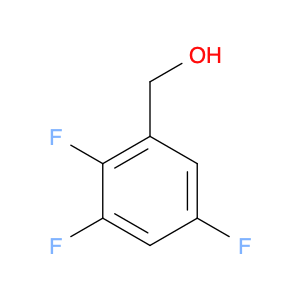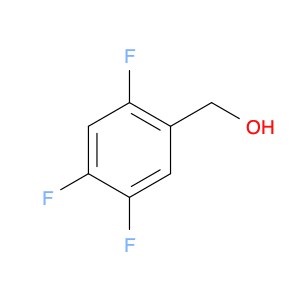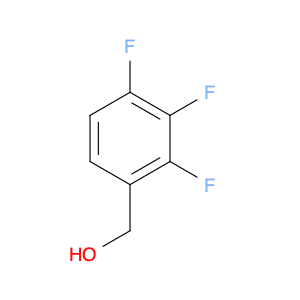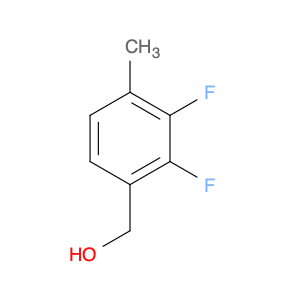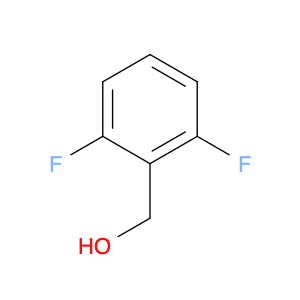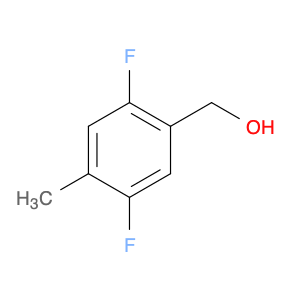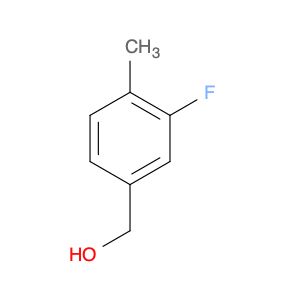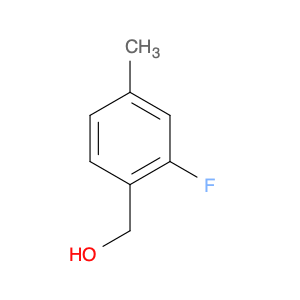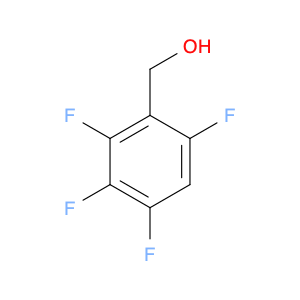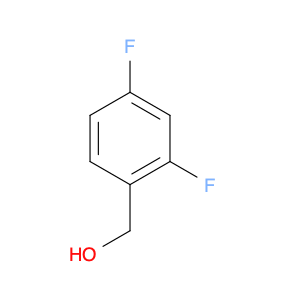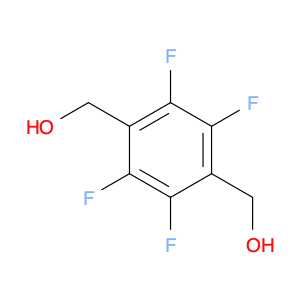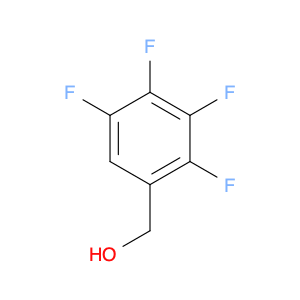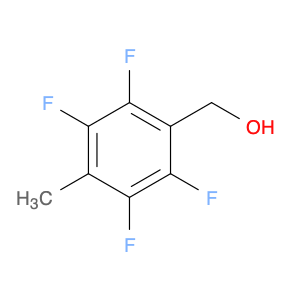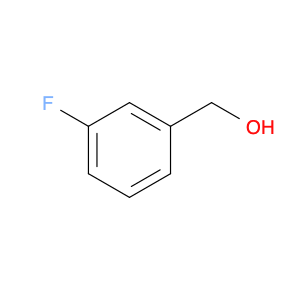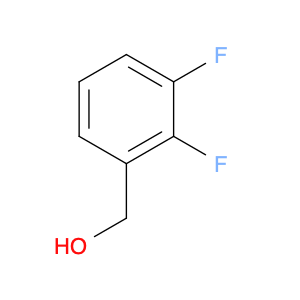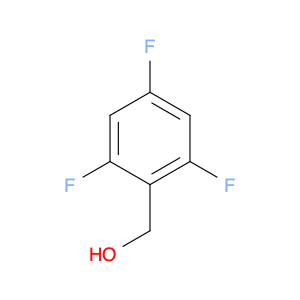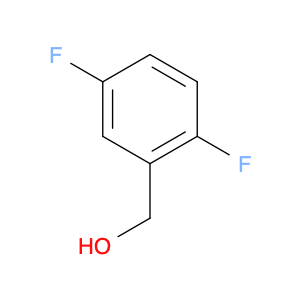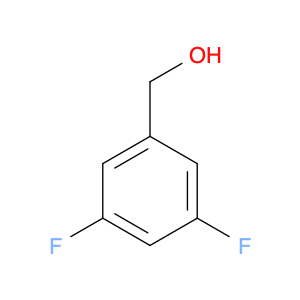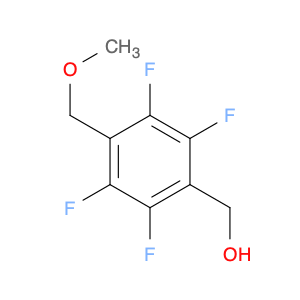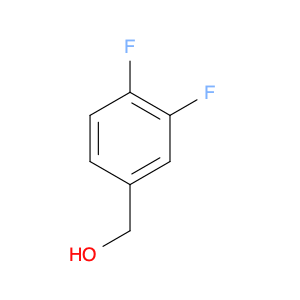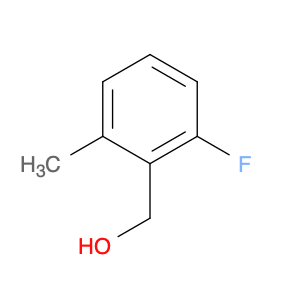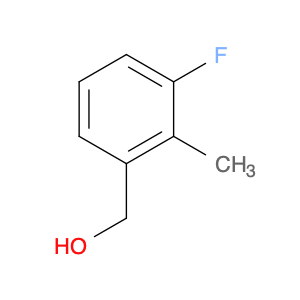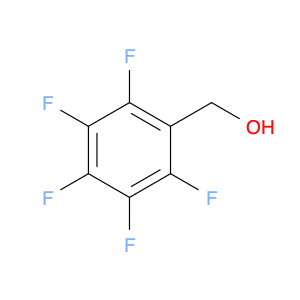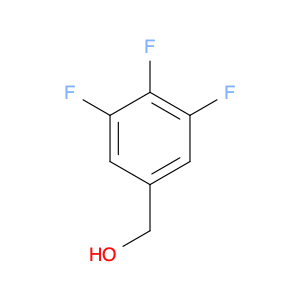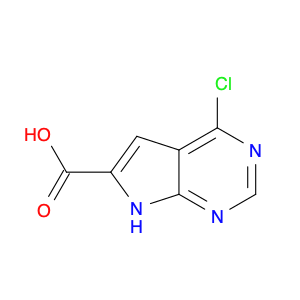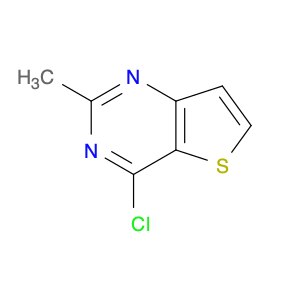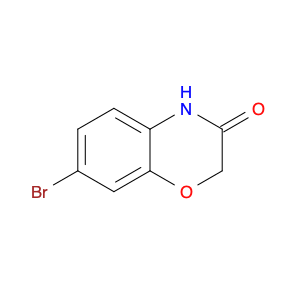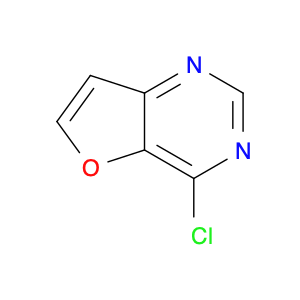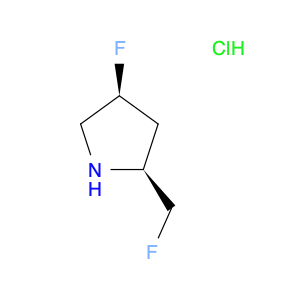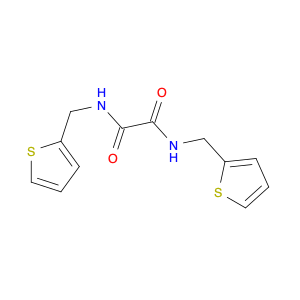(2,3,5-Trifluorophenyl)methanol, also known as TFP alcohol, is a versatile compound widely used in chemical synthesis. This compound serves as a valuable building block in the production of various pharmaceuticals, agrochemicals, and fine chemicals. Its unique structure provides a reactive site for the introduction of additional functional groups, making it a valuable intermediate in the synthesis of complex molecules.In chemical synthesis, TFP alcohol is commonly employed as a key starting material for the preparation of fluorinated organic compounds. Its trifluoromethyl group imparts distinct physicochemical properties to the final products, such as enhanced lipophilicity and metabolic stability. This enables researchers to design new drug candidates with improved pharmacokinetic profiles. Additionally, the presence of the phenyl moiety in TFP alcohol allows for further derivatization through various synthetic transformations, expanding its utility in the creation of diverse chemical entities.Moreover, TFP alcohol can participate in a range of chemical reactions, including nucleophilic substitutions, oxidations, and metal-catalyzed cross-coupling reactions. By leveraging its reactivity and unique structural features, chemists can access a wide array of functionalized compounds with tailored properties and applications. From the synthesis of fluorinated building blocks to the development of bioactive molecules, the versatility of TFP alcohol makes it a valuable tool in modern organic chemistry.In summary, (2,3,5-Trifluorophenyl)methanol plays a crucial role in chemical synthesis by serving as a versatile precursor for the preparation of diverse organic compounds. Its fluorinated and functionalizable nature makes it a valuable asset for researchers seeking to customize molecular structures and explore new avenues in drug discovery, materials science, and other fields of applied chemistry.
 sales@aaronchem.com
sales@aaronchem.com
